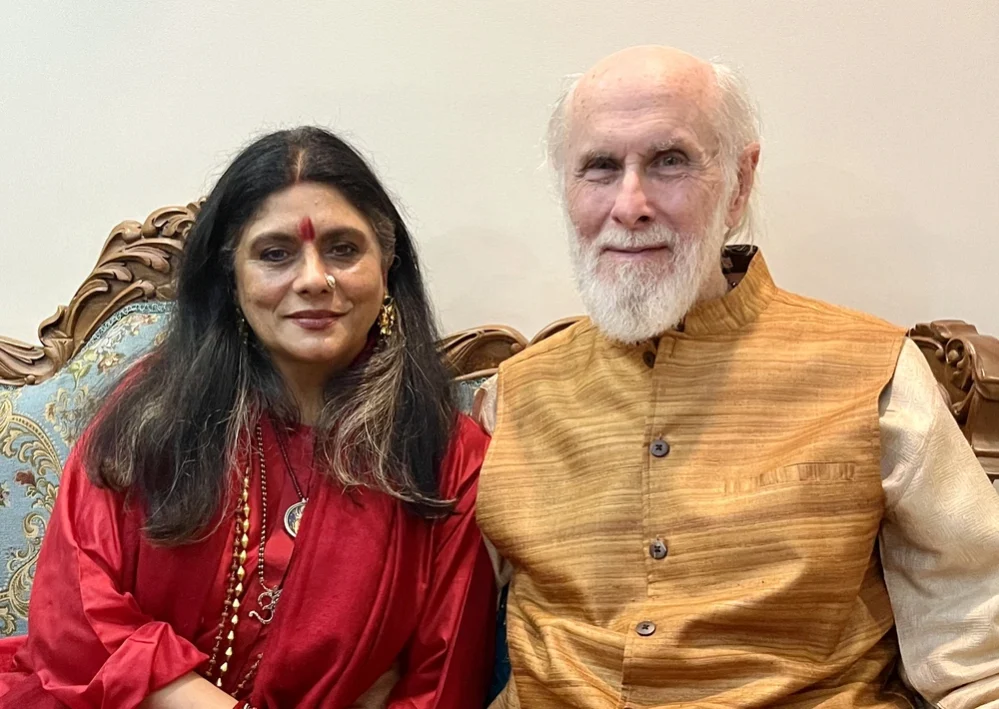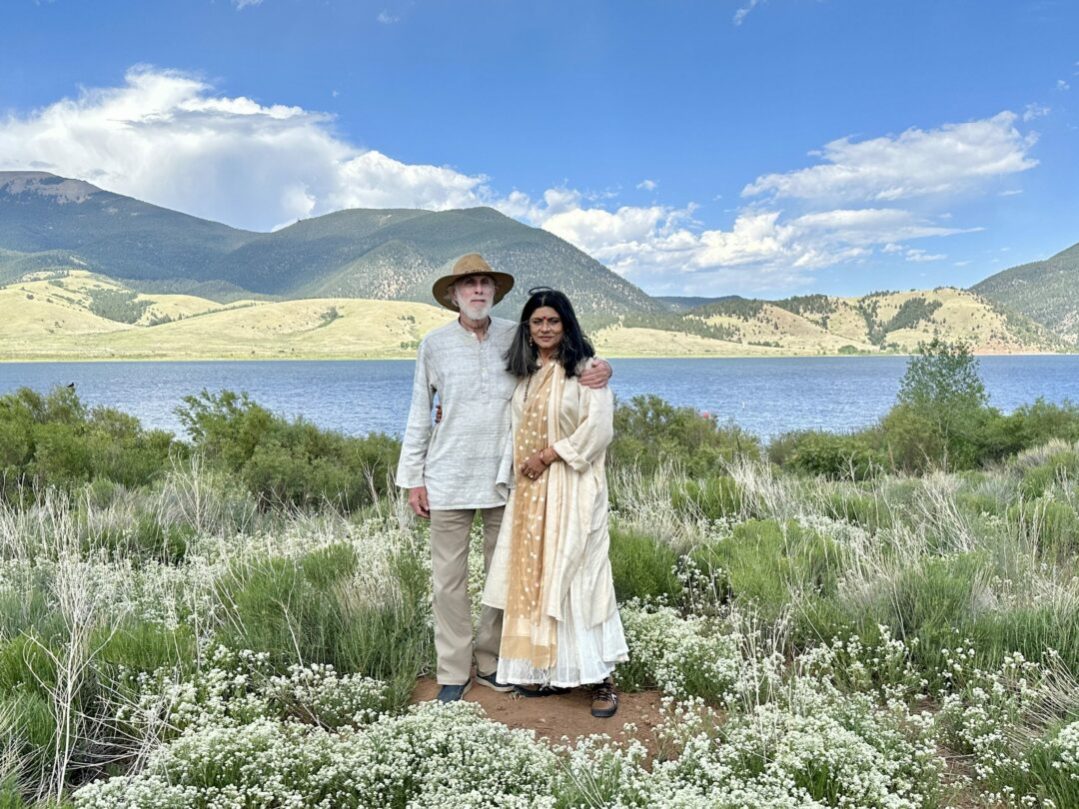An acceptance of our karmic responsibility in life allows us to act with clarity and integrity.
People all over the world speak about karma, relative to their own lives and the condition of society, just as many practice yoga. Yet a true understanding of karma is rare.
Karma refers to something one has done, a deed. Karma also indicates the long-term consequences of our actions, the subtle energy or residue that they leave on our minds. An action is like an arrow that is shot. Once a deed is done, its consequences cannot be called back. These long-term karmic effects can be very different from the short-term gains that are the usual focus of our efforts. Sometimes we are accumulating harmful karmas while achieving what we want personally in the outer world.
Karma, we should note, is not destiny or fate, with which it is sometimes confused. Karma is a matter of cause and effect; as you sow, so shall you reap. The complication is that our actions do not always bear fruit immediately. Some take years or even lifetimes – so long ago that we may forget what we did in the past that brought us to where we are today. So karma and rebirth always go together.
Karma and personal freedom
The law of karma provides a distinct contrast to modern concepts of personal freedom. Our tendency today is to think that each individual should be free to do or get what he or she wants. This sounds very liberal but can make us ignore the facts of karma.
We are free to act in life, but we must also face the consequences of our actions. You are free to put your hand into a fire or not, but you are not free to escape getting burned if you do.
Karma, however, is not sin, and does not involve any petty moralism. It is not a matter of punishment but of the natural consequences of what we are doing. Acting in a way that is harmful to others will naturally bring harm to ourselves by the qualities of the forces set in motion. Karma is not the fiat of some deity but reflects how the interconnected energies of life reverberate.
There are not only consequences to our actions at outer social and personal levels; there are ethical and spiritual implications for our inner being or soul. These inner effects of karma may require that we limit or renounce our desires – something our commercial culture does not encourage. Action done out of desire is not free, but binds us to the external world, and may only increase further desires.
Karmic responsibility and a yogic life
The law of karma means that we as individuals are responsible for who we are, not someone else or society. Even though the external world influences how we act, we alone are ultimately karmically accountable for what we decide to do. We cannot simply play the role of the victim, putting our failures at the doorsteps of other people. Excusing the violence done by certain groups under the charge that someone else made them do it also does not work with karma. Each one of us is a responsible agent for what we do, which shows our spiritual independence in life.
An acceptance of our karmic responsibility in life allows us to act with clarity and integrity. It brings more consideration into our behaviour and directs us towards higher values. We live in a universe pervaded by consciousness and have a karmic responsibility to the whole of life. If we fail to acknowledge the karmic implications for what we do, we create unnecessary suffering for everyone. Assuming karmic responsibility allows us to go beyond karma and to be detached from all actions. It makes us take what we are doing with responsibility and foresight.
Helping others assume karmic responsibility in life, and aiding them in right management of their karma for the good of all is the basis of Vedic and yogic life-counseling. Our karma shapes our lives and right understanding of it brings a transformative awareness into all that we do.
Going beyond karma
Can one ever go beyond the results of our karma? We would all like to do what we want and not suffer any negative consequences for it, even if it harms others. We cannot escape karma, however much we may wish to. Yet it is possible to transcend karma to a higher awareness. This is what yoga and meditation are about. Karma Yoga, acting with a sense of service to the whole of life, is the best practice to improve our karma. Meditation helps us understand how karma works and shows us how to become detached from its results. Action from a meditative mind is always Karma Yoga.
Today in the current social order we do not believe in karma as much as we believe in money and power – but this can produce very negative karmas if we are not careful as we all know. There are also new karmas in the information-technology era that we must consider. Using the new media has a special karmic responsibility as it can easily promote distortions or proliferate unnecessary desires for everyone. Yet we are more concerned with influencing others than with whether that influence is karmically beneficial.
Let us recognise our karmic responsibility as individuals, so that our lives achieve what is truly meaningful for us at a spiritual level. And collectively let us recognise the effect of our actions on future generations, so we do not compromise the resources of life that belong to all.
Do an honest accounting of your karma if you can, not just an assessment of what you may own, know or have achieved, or your finances. It can be very revealing and transforming. What karmas have you accumulated in your life and will take into the next life?
Learn the wisdom of karma and your life will become an adventure in consciousness.
Vamadeva Shastri






